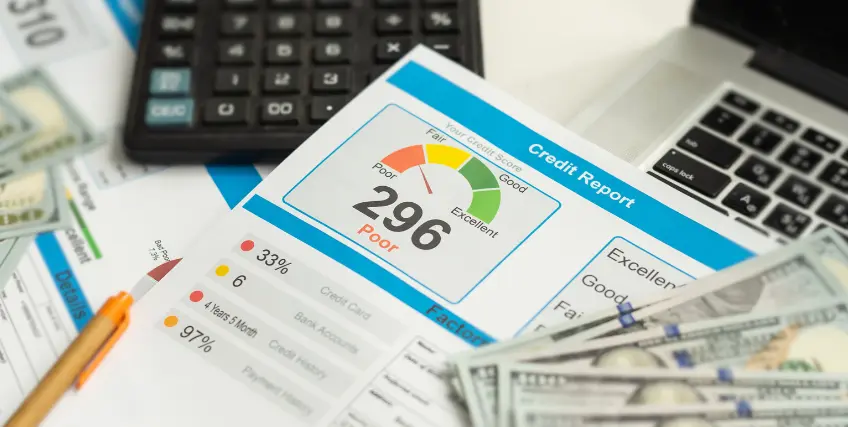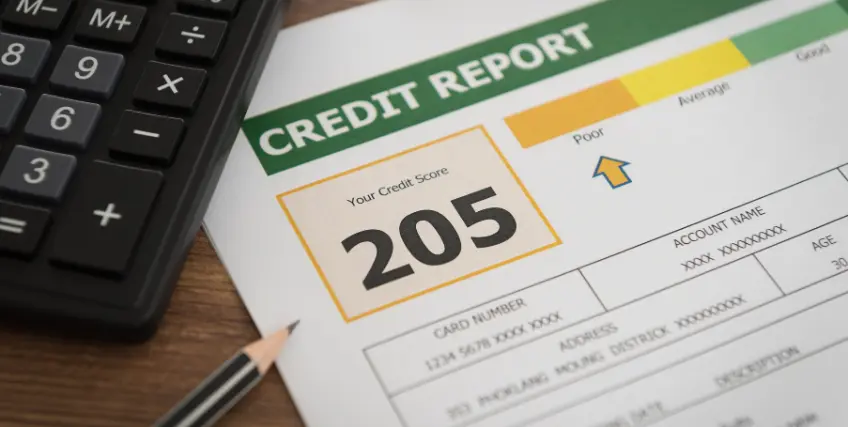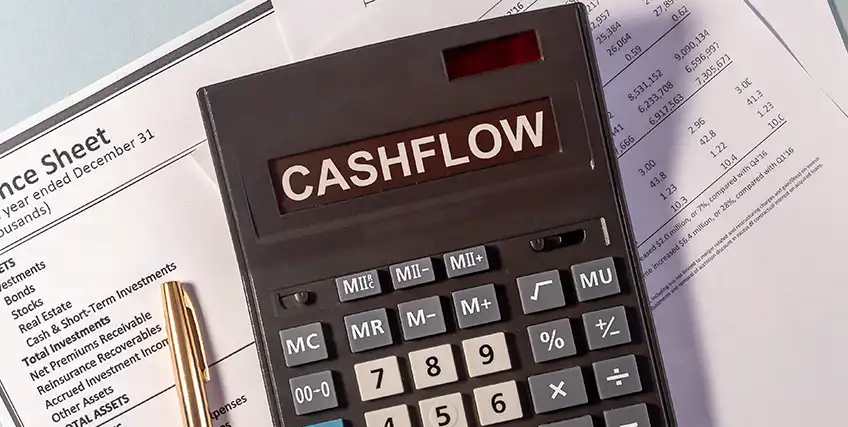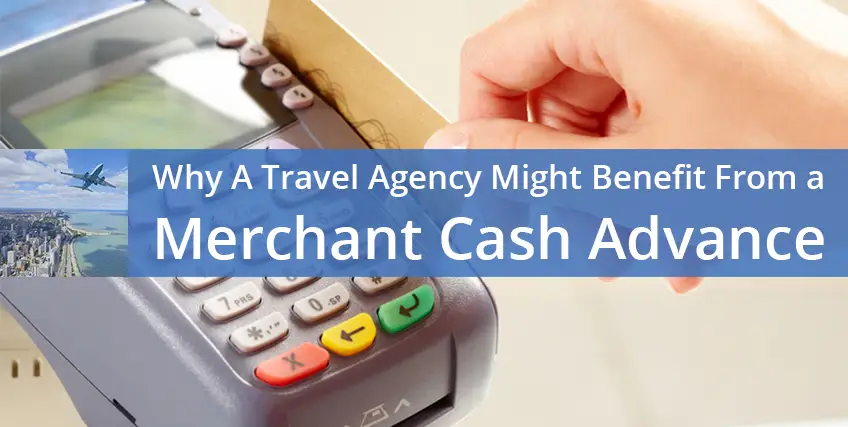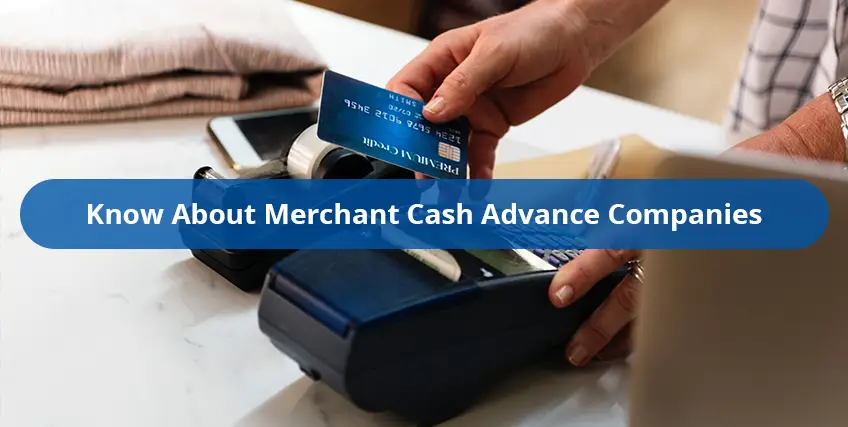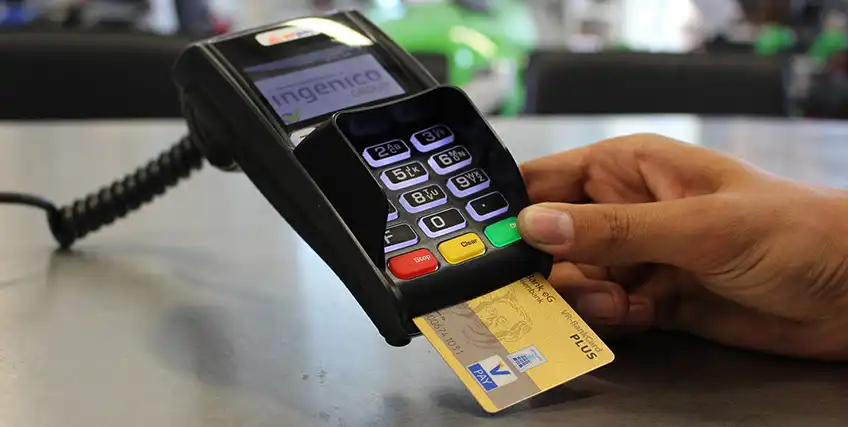How Merchant Cash Advances Impact Your Business
January 09, 2025 | Last Updated on: January 09, 2025

A merchant advance can give small businesses the liquidity they need to make it through a cash crunch. This financing option can make a direct impact on your business in a short amount of time. However, there can also be a few parts of MCA business loans that are a deterrent compared to other borrowing options.
Here’s what you need to know about the impact of using a MCA, the pros and cons of a merchant cash advance, and the eligibility requirements.
The Impact of Using a Merchant Cash Advance
There are both benefits and drawbacks to using a merchant cash advance for your business. The impact should be considered before applying for and receiving funds from a merchant advance.
Fast Access to Capital During Cash Crunch
If your business is facing a liquidity shortage, a merchant cash advance can be the lump sum of cash you need to meet urgent business needs. Once the cash is deposited into your business bank account, the business cash advance can be used for your business needs.
Impacting Future Cash Flow
A merchant cash advance sells future receipts to a funding provider for upfront cash. This means that the income from your future sales will be automatically directed to your funding provider rather than in your pocket. While this gives you money now and puts off the worry until later, the repayment terms could be a financial burden in the future.
No Impact To Credit Score
A merchant advance is not a loan, which means there will be no mark on your business credit score or credit history.
Reliance On Short Term Lending Isn’t Sustainable
An MCA is an option for a seasonal business or one that is experiencing a one-off cash crunch. Small businesses shouldn’t rely on using short-term borrowing on a regular basis as it can come with high fees.
No Need for Collateral
Because a merchant advance is not a loan, there is no collateral needed like real estate or personal assets.
How To Use MCA Funding
This financing option can be used for a variety of businesses uses, but it should be considered a near immediate use as it comes with high costs. Additionally, it shouldn’t be used for larger expenses, but rather short-term funding crunches.
Here are a few ways business owners may consider using MCA funding.
- Purchasing inventory
If you’re short on cash and you need to purchase additional goods, an MCA can get you the funding you need to keep the business rolling.
Making payroll
Missing payday is a bad situation for all parties. An MCA can help a business or startup shore up liquidity to ensure it can pay its employees on time.
An option for cash-flow volatile businesses
A small business loan will have set payments until the loan is paid off in full. With a merchant cash advance, you won’t have fixed payments. Your payments will go up and down as the receipts from your business go up and down. This is one reason that this is a better business funding option than a business credit card.
Bottom Line
The main benefit of a merchant advance is that it’s a fast funding option for small business owners who need working capital during a liquidity crunch. This can sometimes be a better solution than a traditional bank loan like a term loan that can take time to apply and drag through the qualifying and approval process.
Before applying for MCA funding, look into your financial projections to see how it will impact your business’s future financial health.
FAQs about Merchant Cash Advances
What is a merchant cash advance?
A merchant cash advance (MCA) is a type of financing where a business receives a lump sum of cash in exchange for a portion of its future credit card sales or revenue. Repayments are typically made daily or weekly, with the amount based on a percentage of the business’s daily sales.
What are merchant cash advance benefits?
The core benefit is that a merchant cash advance can be a fast way to get cash to small business owners in exchange for future receivables.
How do merchant cash advances work?
MCA providers give capital to businesses in exchange for future receipts from credit card transactions. This type of business financing isn’t a loan, but rather a sale of future receivables.
How do you qualify for a merchant cash advance?
The application process is simple for a merchant cash advance. A MCA funding provider will look at your bank statements and monthly revenue to ensure you will likely have the cash from future sales to meet the repayment amount. Businesses with both good and bad credit can potentially qualify.
What are the typical terms and interest rates for a merchant cash advance?
A merchant cash advance doesn’t come with an interest rate, but rather a factor rate to sell future receivables. The repayment terms are monthly payments based on the agreement with the lender.
Frequent searches leading to this page
merchant funding, small cash advances, merchant cash advance direct lenders, small business cash advance, business cash advance loans
Recent Articles
Related Articles

Can You Renegotiate Terms on MCA Cash Financing After a Default? What Business Owners Need to Know
November 27, 2024

Business Loan or Merchant Loan? Understanding Loan Options for Your Business
November 25, 2024

Avoiding the Debt Trap: How Stacking MCA Business Financing Can Hurt Your Business Credit
November 7, 2024

Why MCA Business Funding May Be Ideal for Retailers Looking to Expand Inventory
November 5, 2024

Merchant Cash Advance vs. Asset-Based Lending: Which is Right for Your Business?
January 10, 2025

Merchant Cash Advance vs. Traditional Business Loans: Which is Right for Your Business?
January 10, 2025

Merchant Cash Advance vs. Line of Credit: Which is Right for Your Business?
January 9, 2025

5 Things Every Small Business Owner Wishes They Had Known When They Started
January 9, 2025









